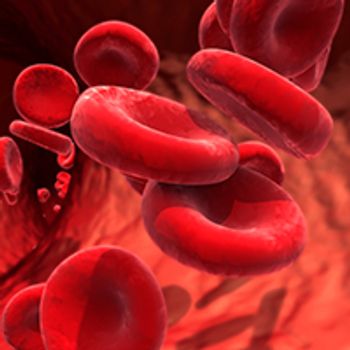
Paolo Ghia, MD, PhD, describes the various cohorts of the SEQUOIA study, expands on outcomes from a biomarker subgroup analysis with zanubrutinib vs bendamustine plus rituximab, and more.

Your AI-Trained Oncology Knowledge Connection!


Paolo Ghia, MD, PhD, describes the various cohorts of the SEQUOIA study, expands on outcomes from a biomarker subgroup analysis with zanubrutinib vs bendamustine plus rituximab, and more.

Jennifer R. Brown, MD, PhD, discusses the clinical implications of the ALPINE study and highlights a subgroup analysis of acquired mutations in patients with chronic lymphocytic leukemia, demonstrating which mutations were associated with resistance to covalent BTK inhibitors.

Treatment with zanubrutinib conferred a PFS benefit vs bendamustine plus rituximab across most biomarker subgroups of patients with treatment-naive chronic lymphocytic leukemia or small lymphocytic lymphoma without del(17p), according to findings from the phase 3 SEQUOIA trial.

The majority of patients with relapsed CLL treated with zanubrutinib or ibrutinib in the phase 3 ALPINE study did not acquire a BTK or PLCG2 mutation at the time of disease progression, indicating that these mutations may not be the primary drivers of resistance and relapse in this population.

Responses on the non-covalent BTK inhibitor pirtobrutinib remained high in patients with relapsed chronic lymphocytic leukemia who expressed frequent baseline BTK mutations, according to a genomic analysis of the phase 1/2 BRUIN trial.

Patients with B-cell malignancies who were intolerant to treatment with acalabrutinib experienced clinically meaningful benefits when treated with zanubrutinib, suggesting zanubrutinib may be a viable treatment option for this population.

Ibrutinib plus venetoclax, given at a duration determined by minimal residual disease, improved progression-free survival and overall survival vs fludarabine, cyclophosphamide, and rituximab in patients with treatment-naive chronic lymphocytic leukemia.

Pirtobrutinib continued to showcase clinically meaningful efficacy in heavily pretreated patients with chronic lymphocytic leukemia or small lymphocytic lymphoma who had prior exposure to a covalent BTK inhibitor.

Zanubrutinib continued to demonstrate improved progression-free survival benefit over ibrutinib in the treatment of patients with relapsed/refractory chronic lymphocytic leukemia and small lymphocytic lymphoma, according to extended follow-up data from the phase 3 ALPINE trial.